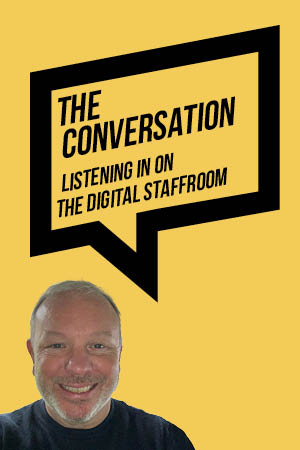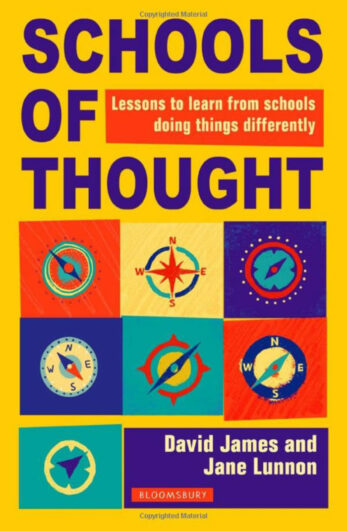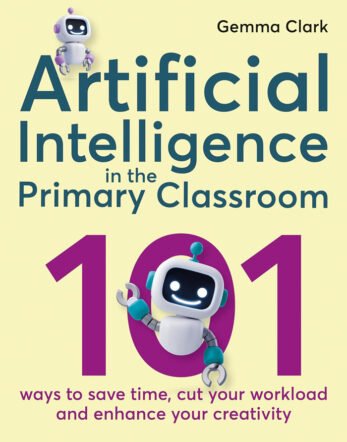The title of this book brought on a flashback. As a young deputy head, I had a very kind principal devoted to the professional development of his senior leadership team. In our weekly meetings, we had a friendly running argument about the most intellectually difficult aspects of our job. For him, teaching was something that clever staff sorted out early in their careers. I took the view that whatever the strategic complexity of senior leadership, nothing was as academically demanding nor as important as the new curricular knowledge produced when wrestling with the infinite complexity of planning a year 7 lesson on the Romans.
I was deadly serious, and troubled. Searching for role models in headteachers who took account of that complexity on a school-wide basis, I found none. At one meeting, scheduled to plan my preparation for headship, I announced that I wanted to be a teacher educator. It’s not that I wanted to be “an academic”, it was that the ordinary academic work of an ordinary teacher produced a knowledge surplus that a school does nothing with. I had to leave school to get closer to the classroom.
At the heart of this thought-provoking and original book are questions about relationships between knowledge creation, knowledge mobilisation and professional education. These lead to further questions about the proper role of knowledge-producing public institutions in a democracy. What is “academic work”? And what ought to be the academic work of a “teacher educator” in higher education?
Studying 13 HEI-based teacher educators, Ellis and McNicholl suggest that not enough academic work is happening and that education and teacher education are the poorer for it. The problem has structural origins beyond the control of lecturers who are, in effect, “proletarianised”, and unable to make academic capital out of their labour. Even job advertisements, they argue, expose the teacher educator as a “troublesome category”. Its contradictory expectations of “super teacher with a research profile” are beyond the normal demands of a university.
At the core of the book is a vivid and disturbing account of teacher educators’ work. Teacher educators spend vast amounts of time on “relationship maintenance”, shoring up school-HEI partnerships with endless reactive and proactive communication.
This is not a sentimental plea for pity on behalf of the beleaguered teacher educator. Nor are the authors defensive of the status quo. The argument instead moves toward what is lost to education more broadly. And the authors conclude with a new vision of the “co-configuration” of knowledge, achieved across diverse education personnel, and a challenge to universities to fight for a reconceptualisation of the nature and production of academic capital itself.
As an HEI-based teacher educator of 18 years, much of this resonated. But some did not. A strength of the authors’ study is their use of “cultural-historical” analysis looking at the “object” of teacher educator work. Their realisation that much activity is about “relationship maintenance (RM)” is inspired. At the same time, I wondered if the object is still eluded. I looked at my own equivalent of RM over a fortnight. Yes, it is vast and relentless. But what does it do? About 80 per cent of it is with subject mentors in schools and it’s a shared wrestling with problems in history education, often ostensibly micro-problems, but always macro by implication. Of the four articles I’m currently producing, three are co-authored with these mentors. Their knowledge feeds mine and together we render it explicit as we re-shape the
content of the course, most of which is taught by them. It is also a shared battle against insularity.
Perhaps this is the sort of “co-configuration” that the authors mean. Whatever the explanation, it still points to the profound importance of this courageous book. I could not put it down. Like all good books it left me with new questions. If “teacher education” is a troublesome category, the deeper root may be that “teaching” is a troublesome category. Too often construed as a generic process to be managed and then judged by the deceit of the obvious (the proxy of results), it should rather be seen in terms of its object – the kinds of knowledge we build in pupils and the nature of a teacher’s knowledge that might make it happen.







Your thoughts